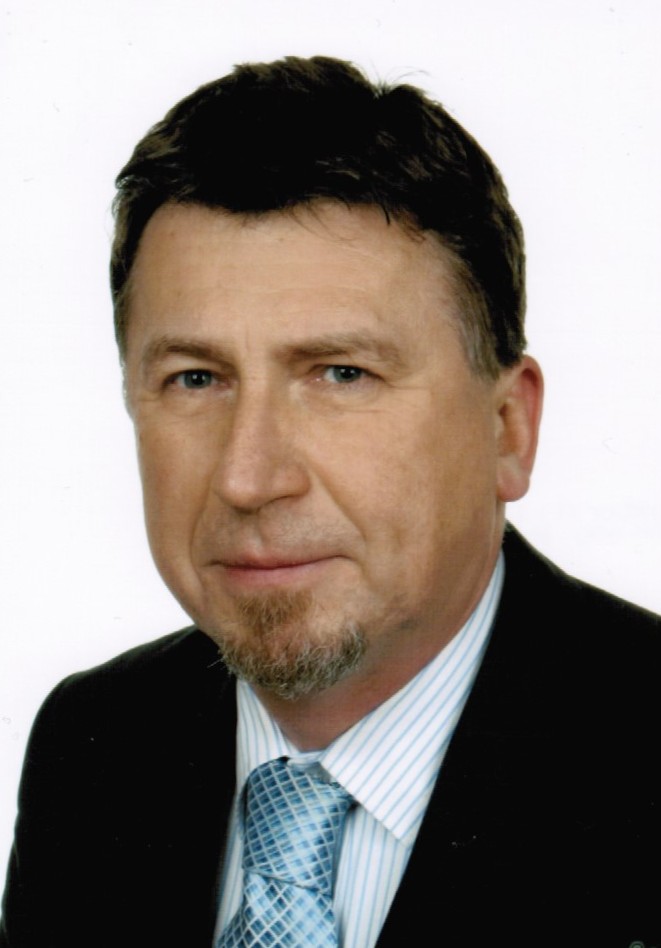Abstract
The paper provides with new concept of marine ehaust systems for diesel engines combining waste heat recovery, generation of cooling effect with use of heat driven refrigeration system as well as compact flue gas scrubbing system. The configuration of a prototype heat recovery system dedicated to the small and mid-sized maritime combustion engines of the nominal load of 100-250 kW has been presented. The waste heat recovery system is covering the innovative low-pressure steam indirect heat transfer subsystem. The recovered heat is consumed by a heating system and a prototype heat driven ejector refrigeration cycle operating with environmentally safe refrigerant. It was demonstrated that the refrigeration system produces up to 30 kW of cold by consuming 75 kW of heat gathered from flue gases. This is the first prototype of the compact heat driven refrigeration system for marine applications. The waste heat recovery system additionally provides with approximately 60 kW heat recovered from water jacked cooling of the engine block which is used for heating capacity dedicated for tap water and space heating purposes. This covers almost all small and mid-sised vessels needs for thermal energy. The presented exhaust system covers also the flue gases scrubbing unit. An innovative approach of jet ejector scrubbers applied for reduction of sulphur oxides emissions in marine engineering. Proposed jet ejector scrubber is equipped with cylindrical mixing section and operates under conditions that make enable to generate mixing shock process that results with favourable conditions for sulphur oxides absorption process. Laboraztoiry experimental investigations performed on the laboratory scale system equipped with the diesel engine of power of 40 kW are presented. The tests confirmed total reduction of SO2 with use of the tested jet ejector scrubber as well as the system also reduces other chemical compounds in the exhaust gas without the use of additional filters, e.g. heavy metals are reduced by 85-98%, transition metals are reduced by 71-74%, removal of organic carbon (TOC) from the exhaust gas at a level of more than 46 %. The second part of the investigations covered the tests under marine conditions for diesel engine of maximum power 250 kW. In this case the effect of the length of the applied mixing section was tested. It was demonstrated for fuel of mass content of sulphur 1.0 % and 1.5% the full reduction of sulphur oxides for various loads of the engine. The maximum SO2/CO2 ratio at the level of 0.18 was obtained for the ejector of nominal length of the mixing chamber (L/D = 25) and for the engine load 200 kW. However, this is significantly below the required limit 4.3 according to IMO regulations. Based on the results of systemathic experimental investigations a semi-empirical model of jet scrubber hydrodynamics as well as mass transfer process based on the dimensionless numbers is proposed.
BIOGRAPHICAL NOTE
 Dariusz Butrymowicz, full professor at Bialystok University of Technology, Head of the Department of Thermal Engineering. Master degree obtained in 1993 at Gdansk University of Technology, Poland. In 1997 received his PhD and habilitation, both in mechanics, in 2005 at Szewalski Institute of Fluid-Flow Machinery Polish Academy of Sciences in Gdansk, Poland. Full professor since 2014. Research area covers refrigeration and heat pumps system, heat transfer and heat exchangers, two-phase flows, chemical engineering and processing, waste heat utilization. Member of International Institute of Refrigeration, Member of Section of Thermodynamics and Combustion of Polish Academy of Sciences.
Dariusz Butrymowicz, full professor at Bialystok University of Technology, Head of the Department of Thermal Engineering. Master degree obtained in 1993 at Gdansk University of Technology, Poland. In 1997 received his PhD and habilitation, both in mechanics, in 2005 at Szewalski Institute of Fluid-Flow Machinery Polish Academy of Sciences in Gdansk, Poland. Full professor since 2014. Research area covers refrigeration and heat pumps system, heat transfer and heat exchangers, two-phase flows, chemical engineering and processing, waste heat utilization. Member of International Institute of Refrigeration, Member of Section of Thermodynamics and Combustion of Polish Academy of Sciences.
